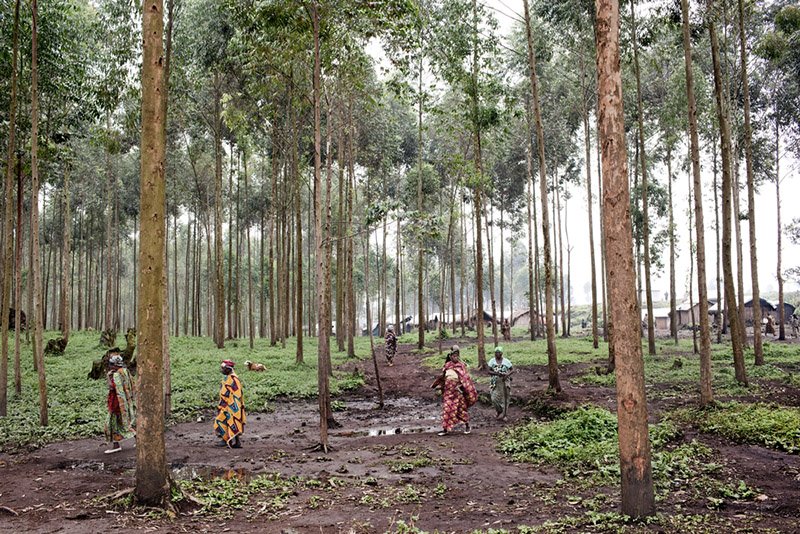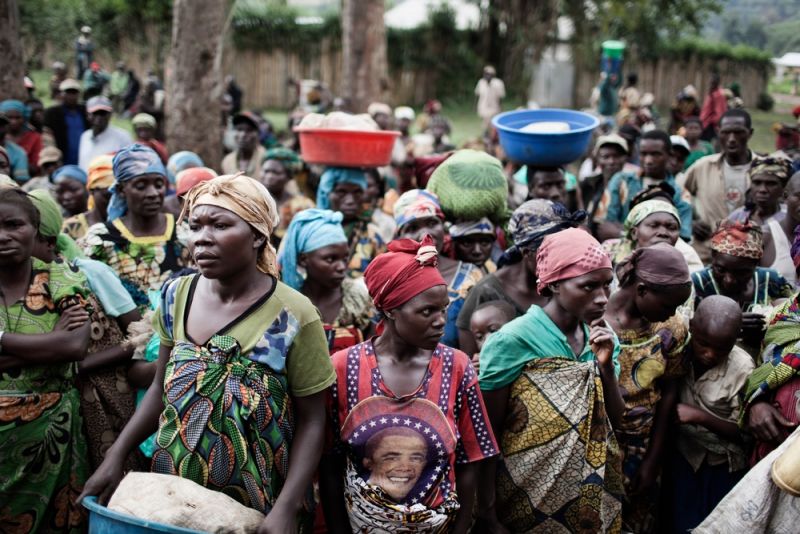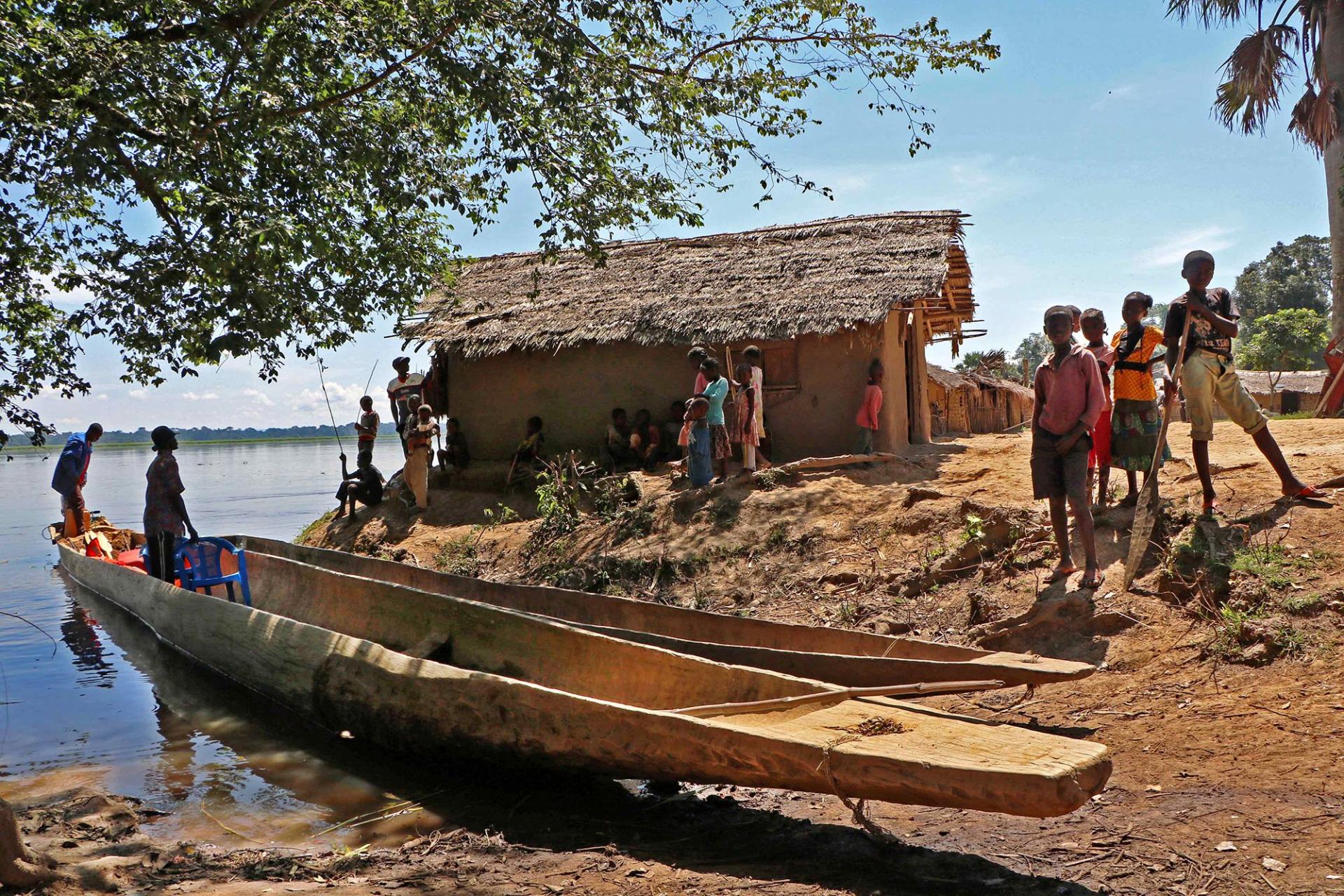Health and other essential services are overstretched along the northern Democratic Republic of Congo border as refugees cross over from Central African Republic (CAR) in search of safety.
Some 67,400 Central African refugees have arrived since last May in the towns of Gbadolite and Mobayi-Mbongo and in the area along the Ubangi River after fleeing conflict in their country.
They now outnumber the local population, estimated at 43,000.
The refugees first began to arrive after fighting broke out between armed groups in CAR’s Basse-Kotto prefecture. Numbers of new arrivals have since slowed but, after years of conflict, the situation in CAR remains extremely volatile.

“There are no proper refugee camps in this area, but in each village, there are big groups of refugees living together,” says MSF field coordinator Sébastien Jagla.
“Some refugees are living in houses among the local population, but most have built temporary wooden shelters along the Ubangi river so that they can wash, fish and s5tay close to their fields and the area they came from in CAR.”
MSF teams, who have been working in this part of northern Democratic Republic of Congo (DRC) since September, are supporting two hospitals and nine health centres in the districts of Gbadolite and Mobayi-Mbongo and running mobile clinics for both refugees and the host community.
The main diseases treated are respiratory infections, diarrhoea and malaria, due to people being exposed to mosquitoes.

Between mid-September and November 2017, teams provided more than 11,560 medical consultations, admitted more than 1,700 women and children as inpatients, and treated some 740 children under five for malnutrition.
MSF teams have also vaccinated 14,500 children under five for measles and vaccinated pregnant women against tetanus, as part of a vaccination campaign against a range of other diseases.
For aid organisations, providing assistance in this remote border region presents a number of challenges.
“This is a very remote, forested area in which the logistics for delivering medical and humanitarian aid and supplies are challenging,” says Isaac Alcalde, MSF head of mission in DRC.
“Not only is it complex to reach and assist the population, but it is also a challenge to understand the gaps in health and a humanitarian provision that they are experiencing, as well as their main vulnerabilities.”
MSF has around 80 staff working in Gbadolite and the surrounding area. Its medical teams are providing emergency care, mother and child healthcare, antenatal care and malnutrition treatment.
Its logistical teams are improving water and sanitation by building latrines and providing tools to dig boreholes.
Since May 2017, MSF has also been providing medical care in the village of Ndu, east of Gbadolite, to more than 12,000 refugees from the Central African city of Bangassou.
After an attack on its staff last November, MSF suspended its activities in Bangassou but continues to provide remote support to CAR refugees in Ndu.
Find out more about MSF's work in the Democratic Republic of Congo.
